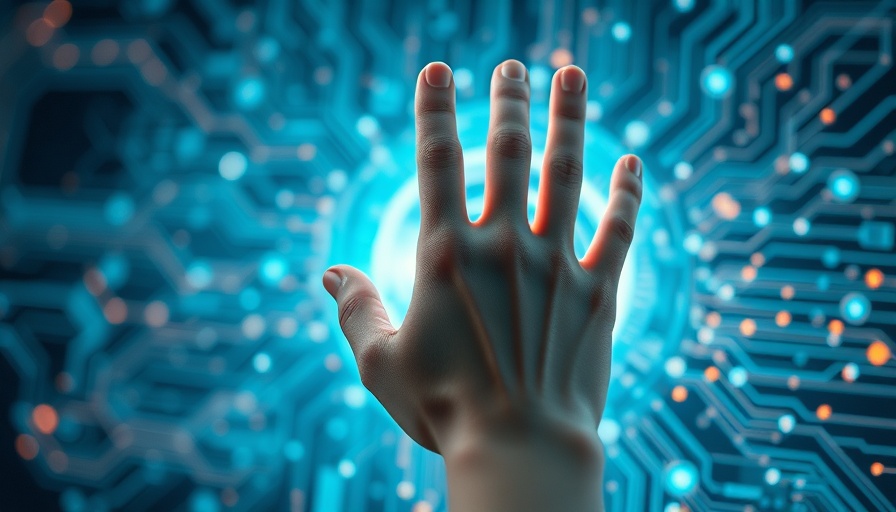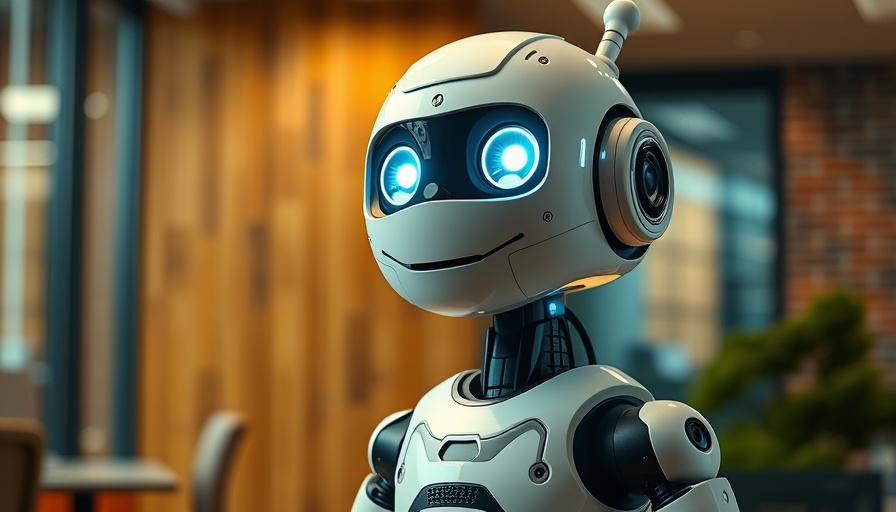
Decoding the Evolution of AI Coding Tools
The landscape of AI coding tools is evolving rapidly, marked by three significant generations that reflect shifting paradigms in how developers interact with these technologies. What started as simple code completion has morphed into something far more complex, raising questions about productivity, quality, and the future of software development. As we move into 2025, understanding these developments is critical for developers hoping to stay ahead.
The First Generation: Breaking Ground with Code Completion
The first leap into AI coding assistance began with basic code completion tools, akin to a more advanced version of autocomplete. Pioneers like Kite laid the groundwork, but it was GitHub Copilot that truly popularized this functionality, leveraging Microsoft's extensive reach. By 2024, a staggering 62% of developers were employing AI tools for coding. However, while this initial generation offered impressive statistical increases in productivity—reported at around 20%—the reality was more complex. Developers felt the promise of efficiency, yet many faced a paradox of decreased code quality, evidenced by a DORA report indicating a decline in both speed and stability.
The Second Generation: AI as an Active Coding Partner
As we transitioned into 2024, the capabilities of AI coding assistants underwent a dramatic shift. New technology emerged that enabled in-IDE coding agents, transforming these tools from mere assistants into dynamic partners in the coding process. With tools like Cursor and Zencoder, the AI's ability to understand project environments and tackle more complex tasks improved significantly. This was a case of the same interface disguising a radically different user experience, where developers found themselves engaging with their coding assistants to a greater extent—often increasing their reliance and expenditure on these powerful tools.
The Rise of Third-Generation Integrated Agents
Looking ahead to the second quarter of 2025, we anticipate the emergence of third-generation AI coding tools that integrate more seamlessly into the software development lifecycle (SDLC). Recent announcements—like Zencoder's Zen Agents and OpenAI's Codex—signal a shift towards collaborative coding through AI. These advancements suggest that teams can expect agents that not only assist but also take on substantive roles within DevOps, further reshaping how code is written and maintained.
Why Understanding AI Coding Generations Matters
As coding methodologies evolve, so too must the strategies developers use. Keeping abreast of developments and understanding the distinctions between AI generations equips coders with insights that can enhance their workflow, boost productivity, and influence their engagement with coding tools. Developers who embrace these changes will likely find a clearer pathway to efficiency and innovation, leading to skill sets that are increasingly aligned with the demands of the industry.
To dive deeper into the current trends and prepare for this tech-driven future, it’s crucial to stay informed. For those intrigued by the evolution of AI in coding, take a moment to visit Prompt2Human, a resource designed to help you navigate the waters of AI effectively.
 Add Row
Add Row  Add
Add 




Write A Comment